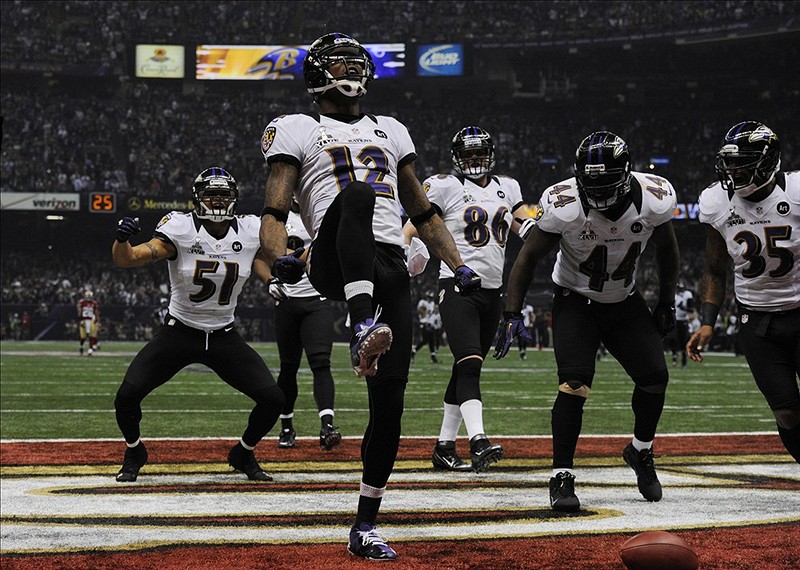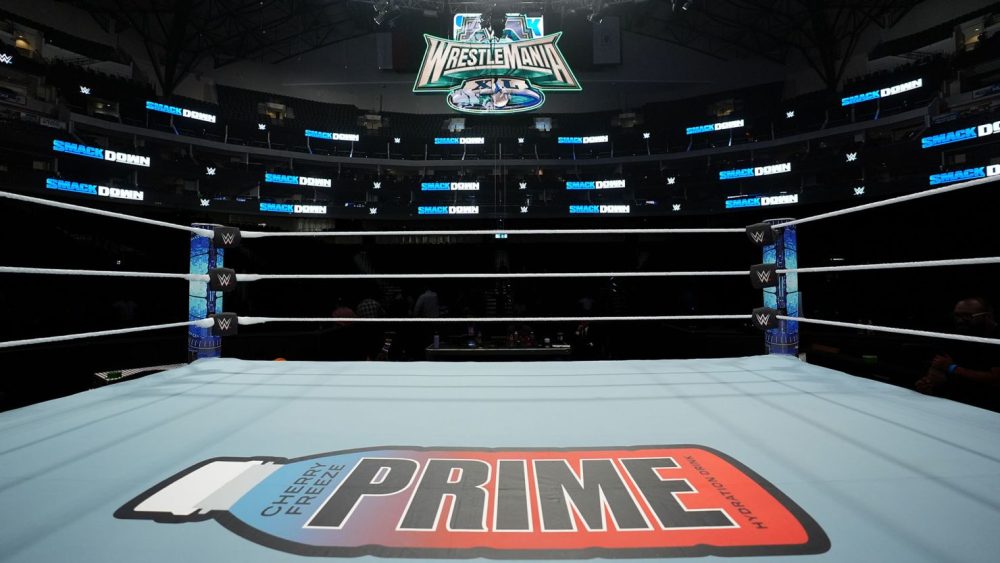One of the most interesting articles I enjoy dissecting in the bridge from one year to the next is Paulsen's compilation of the Most Watched Sporting Events of the year at Sports Media Watch. The viewership totals from every major sporting event of the past 12 months are collected together in one place and it provides an excellent perspective to the current landscape of sports television.
As an odd numbered year, 2013 featured no Olympics and no World Cup. That means that the NFL was given free reign to completely dominate American televised sports last year. And even considering the massive popularity of the shield, the numbers from 2013 still continue to astound and amaze.
– In 2013, the NFL owned the Top 26 most watched sporting events of the year and 46 of the Top 50. The Super Bowl of course led the way with over 108 million viewers and depending on how you rank these things, the Super Bowl Blackout show could come in at #2 or 1A on the list maintaining that viewership level. Both conference championship games drew over 40 million viewers while only 1 playoff game (Colts-Ravens) drew under 30 million viewers. 16 regular season NFL games finished ahead of any other sporting event this past year, split between Fox, NBC, and CBS.
Every time you think you've seen the NFL reach its maximum level of popularity and saturation, the league continues to push forward. The NFL isn't just the most popular sport in America, it may be the most watched, most talked about entity period. The gap between the NFL to every other sport is growing to the point where it makes the Grand Canyon look like a pothole. Even if football's long-term future is a question mark, times have never been better in the here and now.
– College football is a solid #2. 14 of the Top 50 non-NFL live events were college football games. The BCS title game is now routinely the highest rated non-NFL sporting event and that was the same in 2013 with 26.38 million viewers, even though Notre Dame-Alabama was a clunker. The BCS populated the list, but even more encouraging for college football is the massive levels of viewership for important regular season games. Rivalry games like Auburn-Alabama and Michigan-Ohio State and huge showdowns like Alabama-Texas A&M were among the most watched games in 2013. The sport will surely hope that interest in regular season games continues as we exit the BCS era.
– The NBA Finals are a bigger deal than the World Series. This year's Finals between the Spurs and Heat outpaced the World Series, in spite of an attractive Cardinals-Red Sox matchup for Major League Baseball. Spurs-Heat Game 7 drew 26.32 million viewers, barely missing out on passing the BCS title game for the coveted title of "most watched non-NFL game of the year." Cards-Sox Game 6 drew an audience of 19.2 million. This continues a pretty clear trend and you can now say the NBA has passed MLB on TV.
– Don't sleep on NASCAR. While it's not one of the traditional big four pro sports and its ratings have been in decline for a while, NASCAR can still draw a huge audience. This year's Daytona 500 was watched by 16.7 million people. That beat 10 of 13 NBA Finals or World Series games. There's a reason why NBCSN and Fox Sports 1 are excited to be televising cup races on their fledgling cable networks as they'll immediately become their most watched live sporting events.
– While much print space is dedicated to ratings in sports like hockey, soccer, and MMA the truth is all three are still niche sports on American television. The most watched MMA event (UFC on Fox 2) drew just over 4 million viewers on Fox, the USA-Mexico World Cup qualifier drew almost 7 million between English and Spanish language telecasts, and Blackhawks-Bruins Game 6 was watched by just over 8 million people. Those simply aren't in the same league as the NFL, college football, or the NBA and are greatly outpaced by events like The Masters, Kentucky Derby, NCAA Tournament and others. Still though, fans of those sports shouldn't be discouraged as networks are investing more resources into those sports, specifically soccer. But a reality check as to their true place in the sports landscape would probably be a good idea.








Comments are closed.